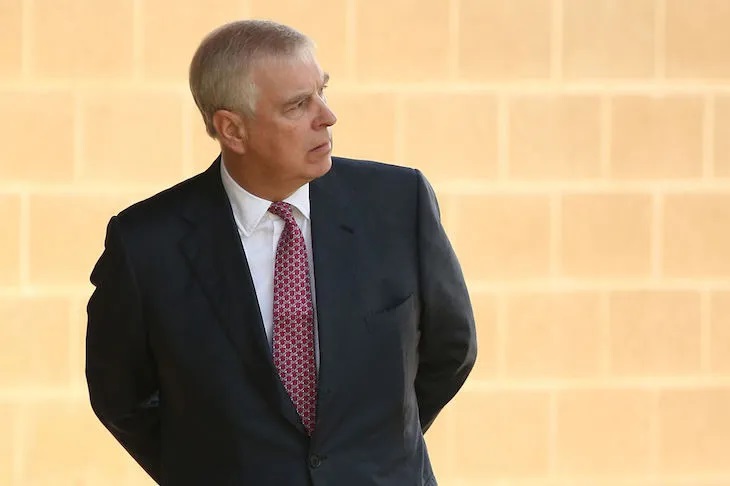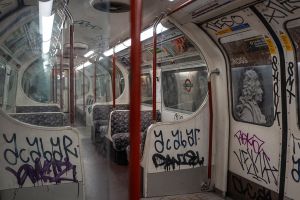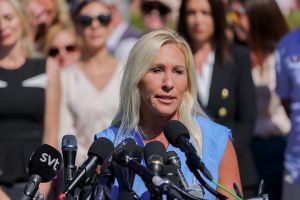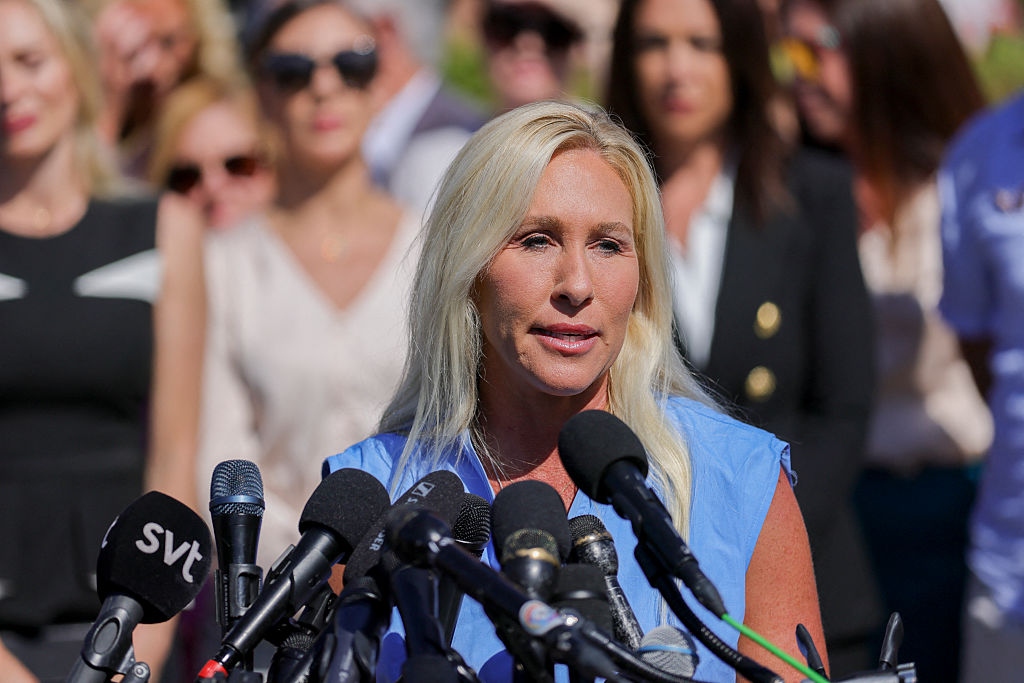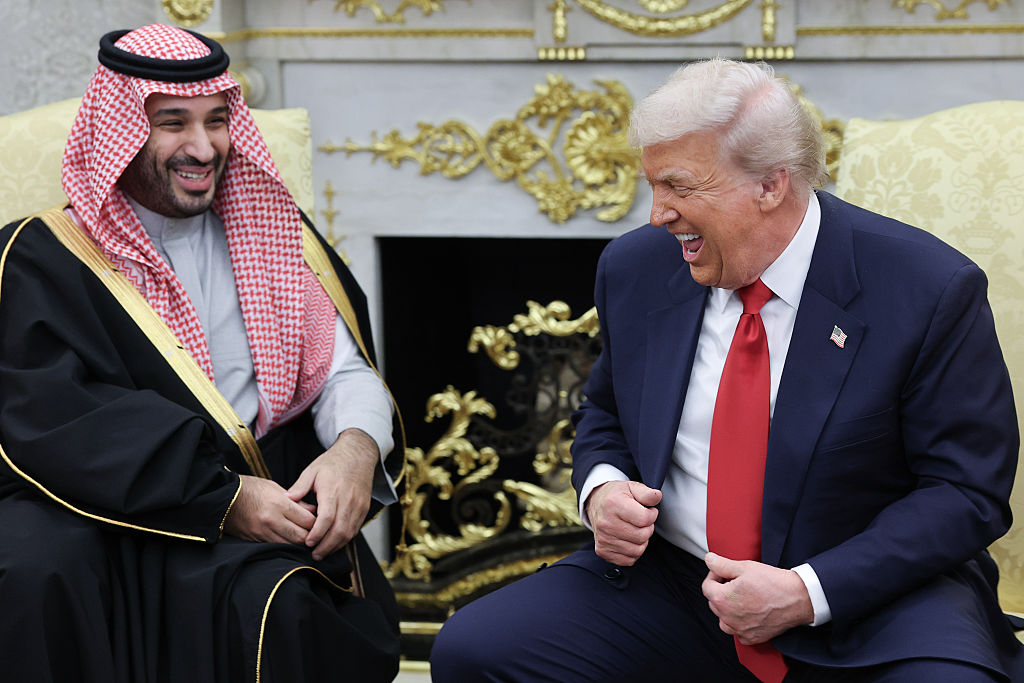It is fair to say that Prince Andrew has always had poor taste in friends. Notoriously, and reputation-shreddingly, he consorted with Jeffrey Epstein long after the latter’s disgrace. There is a rogue’s gallery of potentates and sheikhs who have been only too happy to provide what one royal biographer euphemistically called “alternative sources of income” for the not-so-grand old Duke of York. Yet today’s news that an alleged Chinese spy, who has now been banned from Britain, had close personal and financial links to Andrew is still, even by the standards of his previous behavior, something of a jaw-dropper.
Yet again Andrew’s judgement has been tested and found lacking
The facts are both predictable and outlandish. Andrew has openly been looking around for money in places high and low since he was forced to step down as a working (read: publicly funded) member of the royal family after his disastrous 2019 Newsnight interview. He subsequently befriended an apparently plausible Chinese businessman. Although they were, on paper, an unlikely match — the one, a former Falklands pilot turned international disgrace, and the other a member of the Chinese Communist Party moonlighting as a spy for his country’s United Front Work Department — they bonded sufficiently swiftly for the businessman to be invited to Andrew’s birthday party in 2021 and onto the royal estate at Windsor, which includes the duke’s home of Royal Lodge.
In advance of these play dates, Andrew’s senior advisor Dominic Hampshire wrote to the duke’s new friend to stress the privilege of his situation. He reminded him that: “I also hope that it is clear to you where you sit with my principal and indeed his family. You should never underestimate the strength of that relationship… outside of his closest internal confidants, you sit at the very top of a tree that many, many people would like to be on.”
Yet there was also a cloak-and-dagger element; the same letter referred to how “we have found a way to carefully remove those people who we don’t completely trust. Under your guidance, we found a way to get the relevant people unnoticed in and out of the house in Windsor.”
There could be little doubt that Andrew’s latest ill-advised friend had a great deal of influence over him. Unfortunately, this influence was not dictated by warm fellowship, but by cold-hearted realpolitik.
One briefing document in the businessman’s possession suggested that it was: “Really important to not set ‘too high’ expectations — he is in a ‘desperate’ situation and will grab onto anything.”
How desperate this situation was soon became clear; the businessman was authorized to act on Andrew’s behalf to go out and find investors for something called the Eurasia Fund. As one judge observed, tartly, while expelling the alleged spy from the country, “It is obvious that the pressures on the duke could make him vulnerable to the misuse of that sort of influence.”
This doomed friendship may have had its origins in “covert and clandestine” elements, but yet again Andrew’s judgement has been tested and found lacking.
The duke’s finances remain fascinatingly opaque. Why, for instance, did the oligarch Timur Kulibayev pay $19 million for the duke’s home of Sunninghill Park in Berkshire, a punchy $4 million over the asking price? Why was Epstein suspiciously keen to pay Andrew’s ex-wife Sarah Ferguson’s debts?
Now that the king has withdrawn public and private funding from the duke, how is Andrew managing to bankroll the maintenance and security costs that Royal Lodge requires — believed to run into millions per annum — without any obvious means of support, let alone anything so vulgar as a job?
These are questions that the world would like answered. Unfortunately, without another helpfully explanatory Newsnight interview, they remain shadowy and mysterious, just like the duke himself. One thing, however, is clear. Like a better-bred Billy Bunter, forever boasting of the imminent arrival of his mythical postal order, Andrew has spent years in a Micawber-ish belief that “something will come up” before too long. Because he is a member of the royal family, and a brother of the king, something usually does. Today’s news confirms, however, that its provenance remains deeply suspicious and reputationally humiliating.



